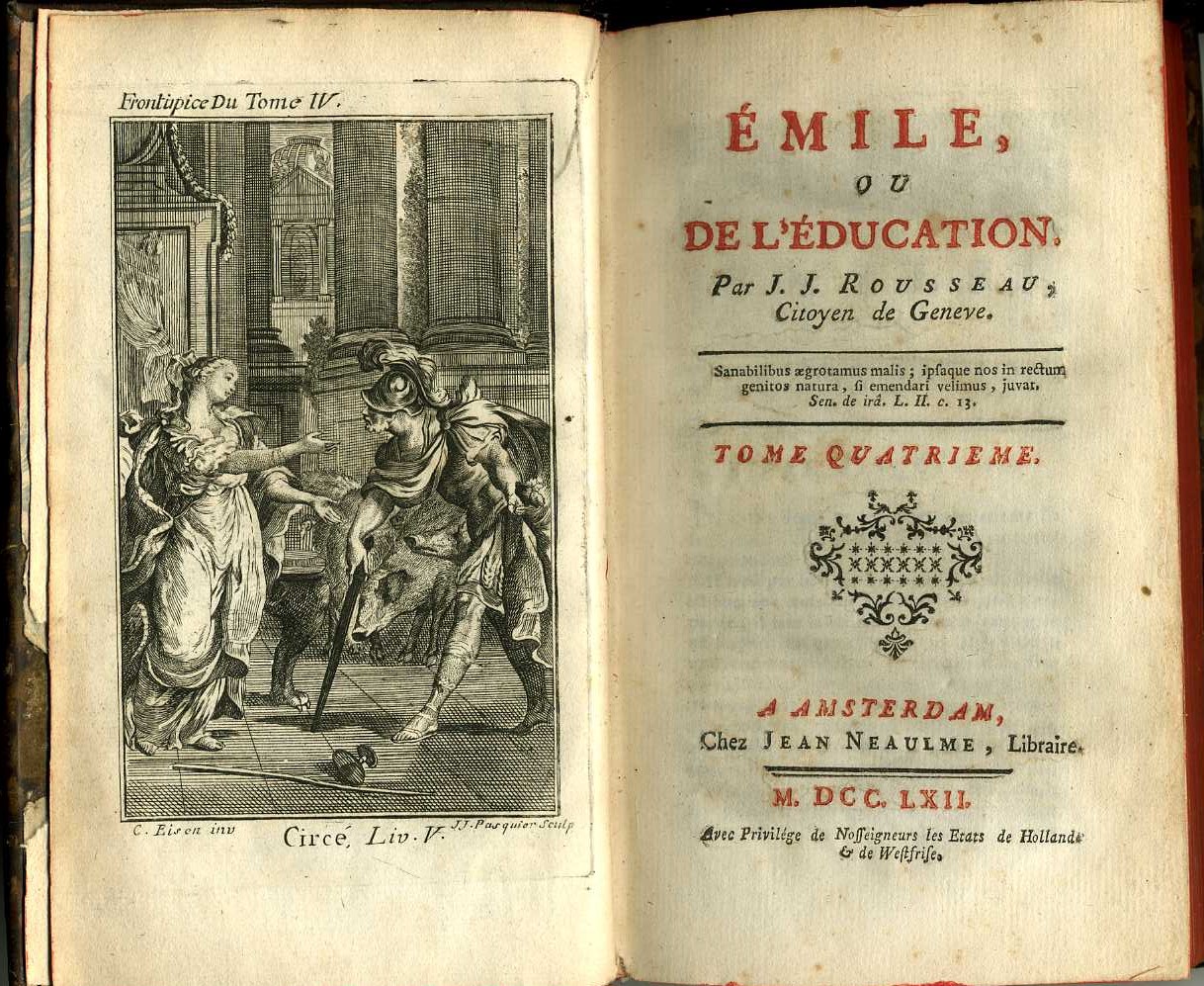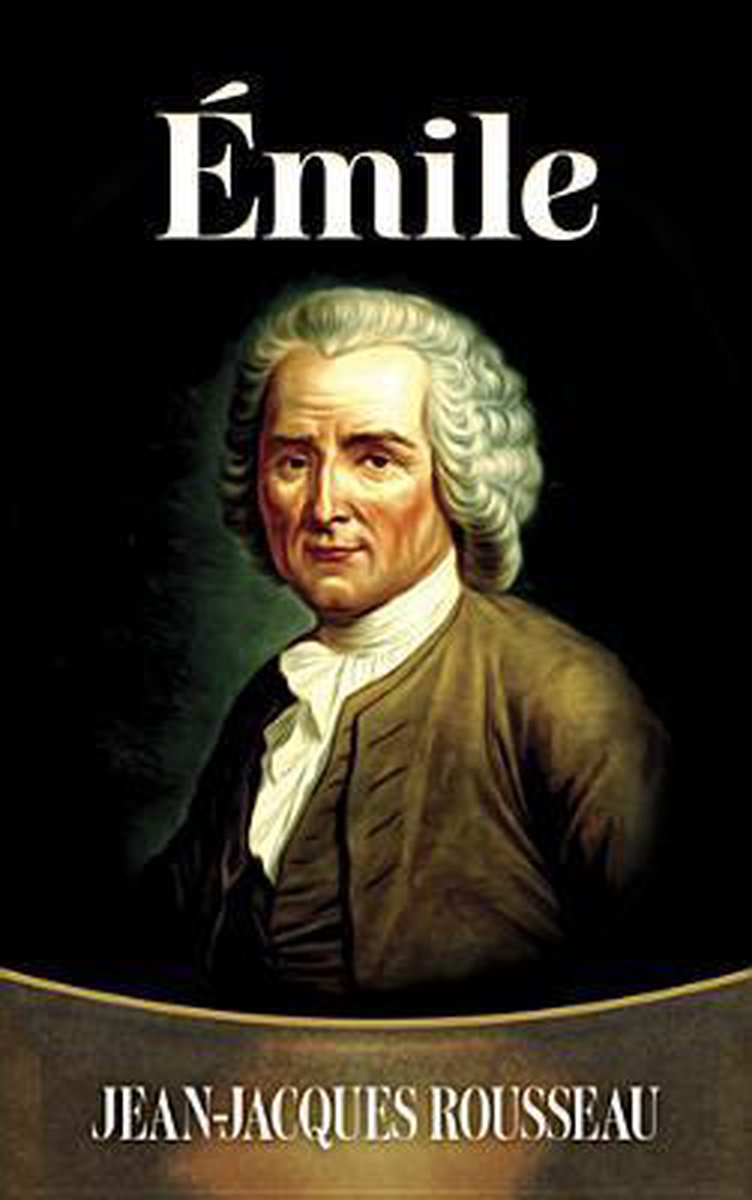

The second, and longest, section is a reading of Emile, a work of fiction which also functions as Rousseau’s fundamental statement on education. The first introduces the fundamental concepts of theĪnalysis to follow - e.g., gravity, counter-weight, eccentricity, equilibrium - and how they globally apply to Rousseau’sĬorpus. The main body of Grosrichard’s article is divided into four sections. Of the physical world, so too is the operational subject of Rousseau’s thought only discernable in the balancing act that Much as gravity is never discernible in itself, and is only registered in its effects, themselves tantamount to the constitution

The counter-weights of sentiment and reason balance around the central

Nonetheless crucially dependent upon Althusser’s own: holding Rousseau’s oeuvre together is a ‘gravity’ which aims toward, yet never achieves, equilibrium. Issue of the Cahiers is apt, in that its main claim effectively serves to ‘balance’ Althusser’s metaphorical emphasis on tension and discrepancy in Rousseau’s thought with a countervailing metaphor that is The place of Grosrichard’s article in this Of natural man, whose tendencies are toward repose and equilibrium, and a discourse of perverted man ‘subjected’ to the symbolic order of civil life, whose tendencies push toward disequilibrium. Grosrichard’s main claim is that the balancing act that comprises Rousseau’s ‘split’ oeuvre in toto is itself the dramatization of the fundamental balancing act at the heart of Rousseau’s thinking, that between a discourse The “theory” and the “literature”’ ( 63). Reversing the value judgment, Grosrichard takes this conclusion as his point of departure, though he only announces it as such at the end of his analysis: ‘The sole ambition of the preceding pages was an attempt to think together what are usually separated and opposed in Rousseau, Althusser had concluded his critical account with the claim that the ‘moral preaching’ of Rousseau’s fictions were themselves the ‘fictive triumph’ of the failure of his theory of the social contract. Where Althusser illuminates the conceptual discrepancies in Rousseau’s Social Contract through a close reading of the text, Grosrichard broadly synthesizes Rousseau’s oeuvre as a delicate conceptual balancingĪct.

A complex assessment of Rousseau’s writings as a whole, this article serves as a critical complement to Louis Althusser’s more narrowly focused ‘Sur le Contrat Social’, the preceding essay in the issue of the >Cahiers devoted to ‘The Unthought of Jean-Jacques Rousseau’ ( CpA 8.1).


 0 kommentar(er)
0 kommentar(er)
